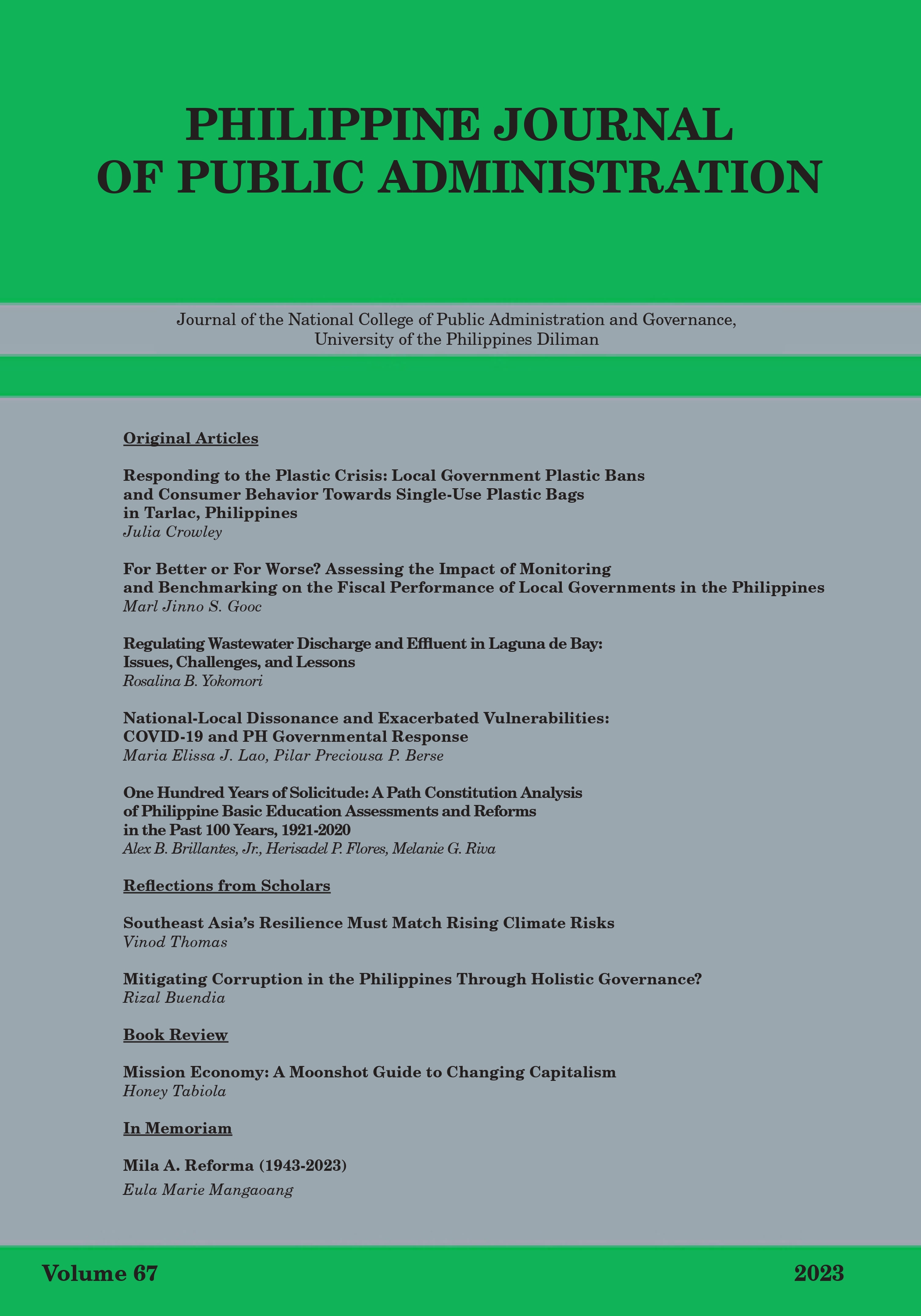National-Local Dissonance and Exacerbated Vulnerabilities: COVID-19 and PH Governmental Response
Abstract
The chasm between good and bad governance widens during times of prolonged crisis. The COVID-19 pandemic proved how wellgoverned countries could climb out of the initial waves of infection while others struggled or failed to provide substantial efforts to curb the disease. Vulnerable groups such as women, youth, children, the elderly, poor households, as well as communities that depend on the informal economy, with limited access to social and health services, are made even more vulnerable because of the uncertainties brought by the pandemic. Even non-traditional vulnerable groups such as migrant workers and locally stranded individuals have become vulnerable due to this unprecedented health crisis. This paper attempts to examine how the disease has affected the lives of ordinary Filipinos as they confronted not only an invisible enemy but also state-imposed COVID-19 measures that inadvertently left them in an even more precarious state. The authors argue that stateimposed COVID-19 measures increased the risk of already vulnerable groups rather than protect them. In doing so, the paper attempts to identify the effects of the pandemic and corresponding government responses to (1) the plight of locally stranded individuals (LSIs) and (2) community quarantines.

This work is licensed under a Creative Commons Attribution 4.0 International License.



